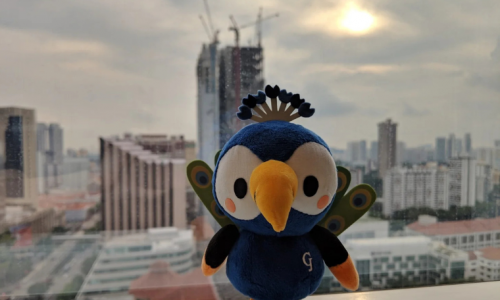Are you moving to Singapore for work? This bustling, multicultural hub offers many opportunities, but adapting to a new workplace culture can be challenging. If you’re a Japanese speaker, understanding the nuances of Singaporean work culture is essential for your professional success.
In this guide, we’ll explore practical tips and insights to help you bridge cultural gaps and thrive in your new business environment.
Understanding Singaporean Work Culture
Singapore’s workforce is a melting pot of cultures, with influences from Chinese, Malay, Indian, and Western traditions. This diversity fosters an inclusive environment but also requires sensitivity to various cultural norms and practices.
Unlike Japan, where homogeneity is prevalent, Singapore’s workplaces thrive on cultural diversity. Showing respect for different customs will enhance your professional relationships.
Communication Styles
In Singapore, English is the main language for business. You will also hear Singlish, a mix of English, Malay, Chinese, and Tamil. Improving English proficiency is crucial for Japanese speakers.
Additionally, Singaporean communication tends to be more direct than in Japan. Learning to appreciate and adapt to this style will help you convey your ideas confidently.
Tips for Overcoming Language Barriers
- Enroll in English courses: Consider taking language classes to improve your proficiency.
- Practice with colleagues: Engage in casual conversations to build confidence.
- Use language apps: Tools like Duolingo or Babbel can supplement your learning.
Building Professional Relationships
Tips for Networking
- Attend industry events: Join professional organisations and participate in networking events.
- Engage in social activities: Participate in team lunches and after-work gatherings.
- Show genuine interest: Take the time to learn about your colleagues’ backgrounds and interests.
Workplace Etiquette
Understanding and adhering to local workplace etiquette is crucial for making a good impression. In Singapore, people generally expect professional attire and highly value punctuality.
Business meetings often begin with a firm handshake and the exchange of business cards. Be sure to handle business cards with both hands and take a moment to read the details before putting them away.
Meeting and Greeting Tips
- Dress professionally: Adhere to your company’s dress code, typically business formal or smart casual.
- Be punctual: Arriving at the workplace on time shows respect for others’ time.
- Practice good manners: Use polite language and gestures, like shaking hands and maintaining eye contact.
Balancing Work and Life
Tips for Work-Life Balance
- Set boundaries: Define your work hours clearly and stick to them.
- Take breaks: Use your leave entitlements to rest and rejuvenate.
- Engage in hobbies: Participate in leisure activities to unwind and connect with others
Learning Resources
Recommended Resources
- Language learning platforms: Duolingo, Babbel, and local language schools.
- Cultural workshops: Community centres and cultural organisations often offer workshops on local customs.
- Reading materials: Books and online articles about Singaporean culture and business practices.
Continuous Learning and Adaptation
Tips for Continuous Learning
- Seek feedback: Ask for feedback regularly to identify areas for improvement.
- Attend training sessions: Take part in professional development opportunities your employer offers.
- Stay curious: Keep learning about Singapore’s evolving business landscape and cultural nuances.
Thriving in Singapore: Embrace, Adapt and Succeed
Adapting to the workplace in Singapore as a Japanese speaker involves discovering cultural insights and improving collaboration & teamwork. You can thrive in your new environment by understanding and respecting local customs. Connect with coworkers, join cultural events, and strive for growth to maximise your time in Singapore.
Remember, adapting to a new workplace presents both challenges and rewarding moments. Stay open-minded, patient, and proactive, and you’ll thrive in no time.





